

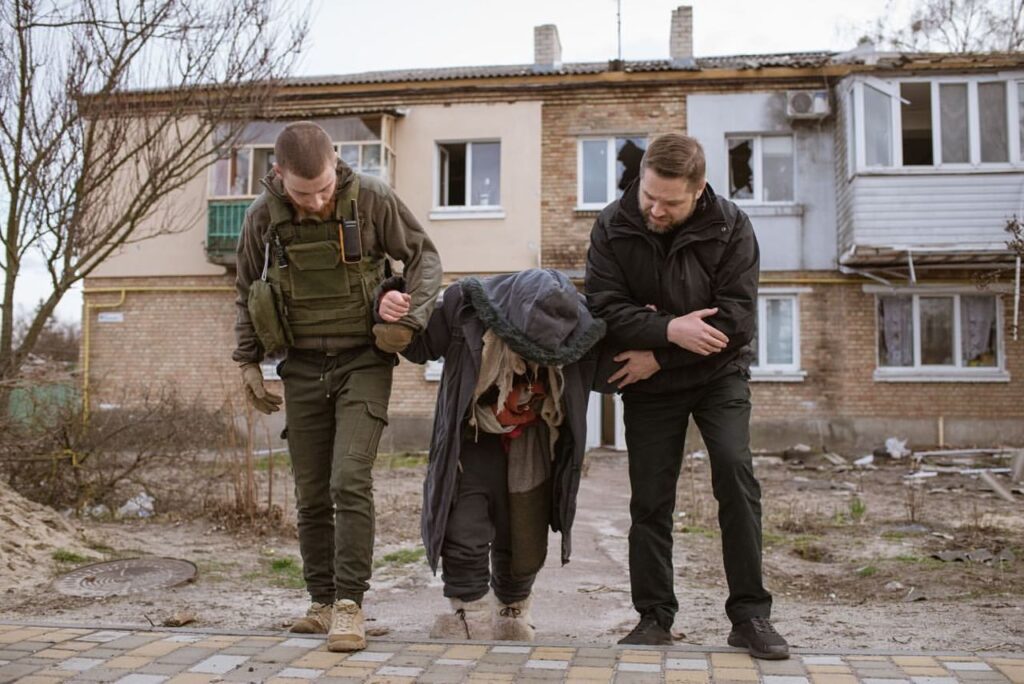
To provide psychological first aid training in crisis for people involved in social work. The programme is based on psychological and medical studies through the prism of the Christian worldview.
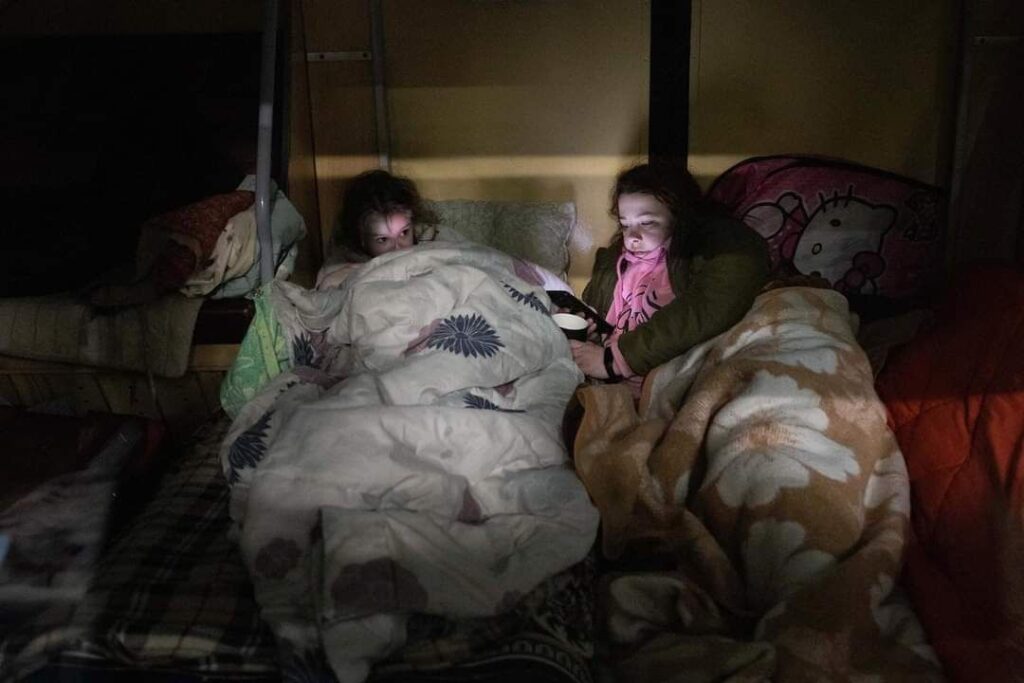
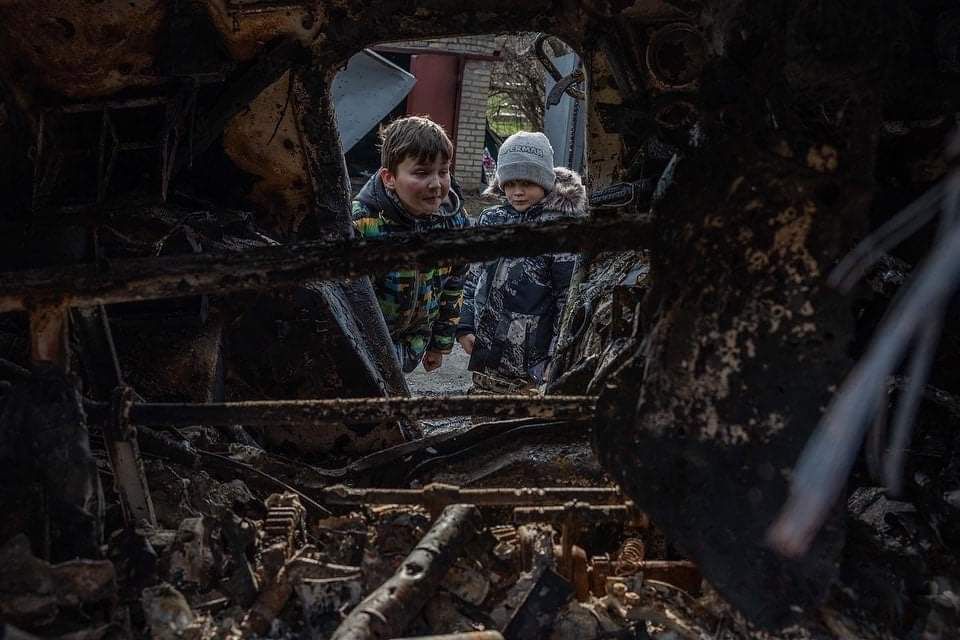
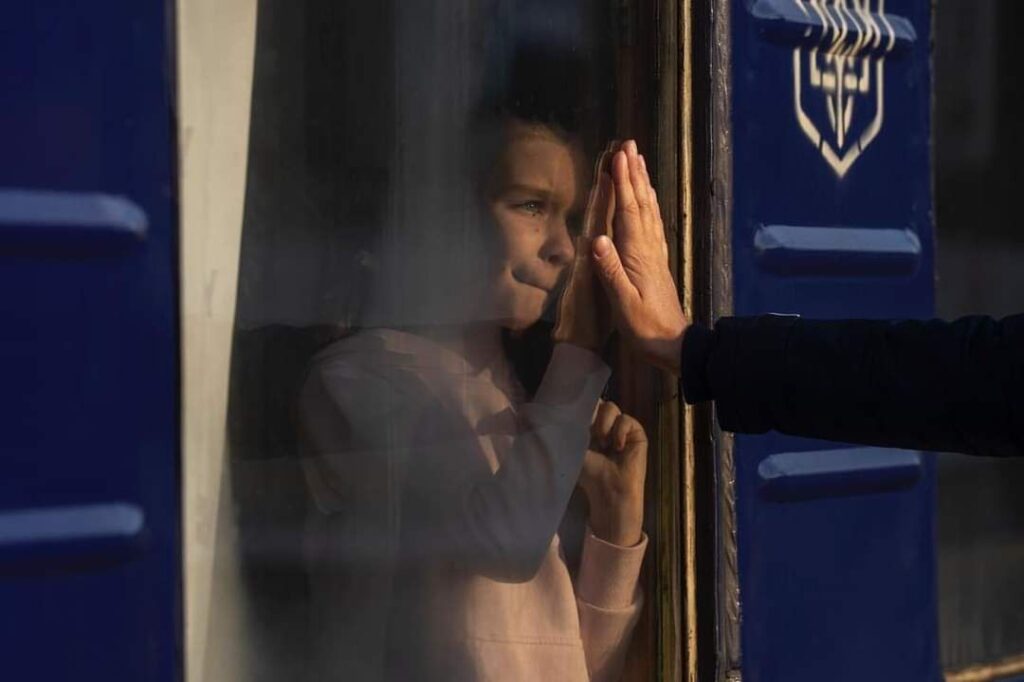
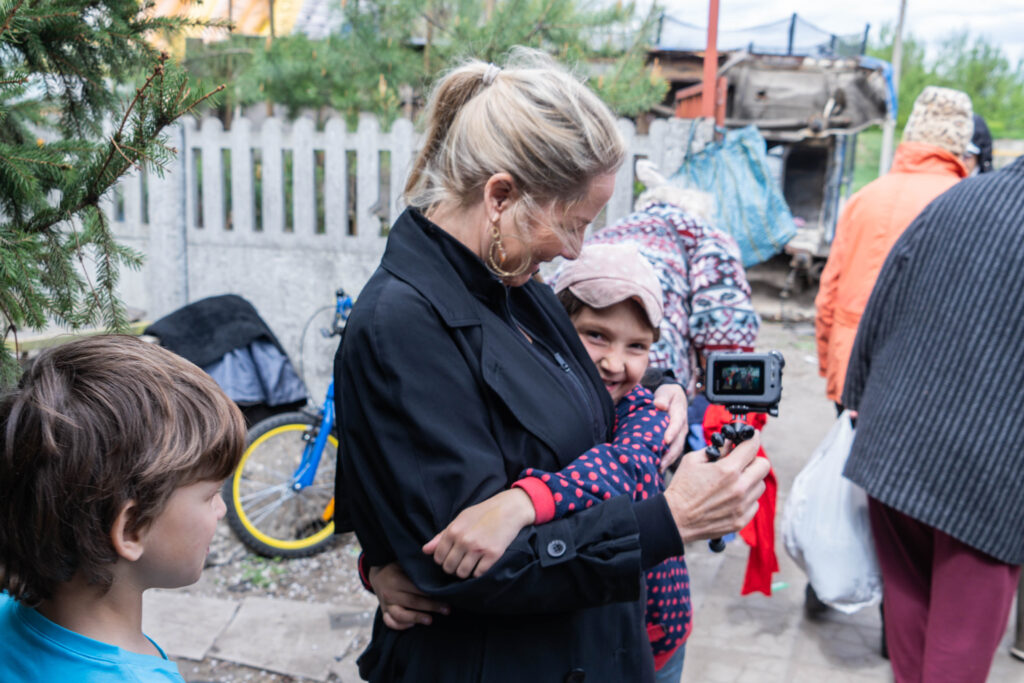
There are 3 steps to take


Please send the link to the pastor of your local church to fill out a recommendation letter
Send the recommendation form